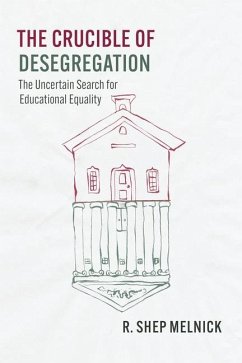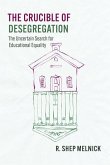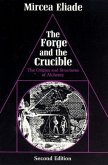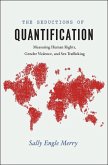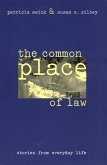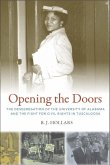"In 1954, the Supreme Court delivered the landmark decision of Brown v. Board of Education--establishing the right to attend a desegregated school as a national constitutional right--, but the decision contained fundamental ambiguities. In close to three dozen decisions on school desegregation, the Supreme Court has never offered a clear definition of what desegregation means or laid out a framework for understanding or adjudicating between competing interpretations. In the Crucible of Desegregation, R. Shep Melnick examines the evolution of federal school desegregation policy from 1954 through the termination of desegregation orders in the first decades of the 21st century, combining legal analysis with a focus on institutional relations, particularly the interactions between federal judges and administrators. Melnick argues that years of ambiguous, inconsistent, and meandering Court decisions left lower court judges adrift, forced to apply contradictory Supreme Court precedents in a wide variety of highly charged political and educational contexts. As a result, desegregation policy has been a patchwork, with lower court judges playing a crucial role. They did so against the backdrop of massive resistance, and this combined with the fragmented and decentralized nature of America's political institutions and its education system. The Crucible of Desegregation reveals patterns and persistent impasses that remain relevant today. It also shows that school desegregation was a crucial driver for the expansion of the broader American civil rights state"--

